The Precambrian lava at the tops of the cliffs eight hundred feet above the Rio Grande near Pilar is something like 1.8 billion years old, some of the oldest exposed rock in the state of New Mexico. This rock, those rocks, freezing and shattering high above, dark brown with a hint of red, falling and rolling, bouncing and cracking, sliding into the gorge. The boulders in the river are so old, frozen magma exiles.
We drove to Pilar yesterday to see the Rio Grande high from runoff, alerted by a friend. From our rented adobe on the south side of Ranchos de Taos to “sea level” Pilar along the Rio Grande is twelve and a half miles. It takes about twenty minutes to get there. The difference in elevation between our house and the river at Pilar is almost exactly one thousand feet. It’s quite a plunge descending to the level of the bottom of the gorge, with a healthy high-speed climb to get you out. What a suddenly different place to be. It was markedly warmer than up in Taos, and the season was advanced. There were even forsythias blooming along one adobe wall in town. (Well, “town.”) If anything reminds me of other places, they do, although now I take them more as having a right to be just where they are.
I’ve fought this place so hard, this Taos, this northern New Mexico, blamed it for everything I left behind and couldn’t replace, even while I also cried for joy that I could live here surrounded by the stunning beauty of God’s earth, breathe the air, and feel the sunshine on my face most every morning. In this state of dynamic tension, nothing much got done. Maybe Taos wasn’t “perfect” and I had to keep on looking. We needed laws and curbs, more friends, a university, cheaper housing, freedom from the wacko birds, and shorter winters. There was always an “escape” plan in my pocket I’d remember as I lay awake at three a.m. and wondered what to do.
Maybe all of that was right. It was certainly a good way to avoid embracing life and hiding from the promise of my gifts. Joy and play were absent in the ever-roiling crises. Trusting nothing, neither relaxing in my heart nor allowing for surprise nor having faith that I was part of something larger and could do no “wrong”—like the rocks that tumbled down the gorge, older than the fucking dinosaurs, or the river rolling to the sea—I didn’t have to do the work or face my fears.
What makes a difference, then? I don’t know, but it’s here.
People dying where we used to live, perhaps, awareness of the ever-changing times. The pall of winter in my getaway dreams. The rolling, jerking thunder of the everyday, the force of gravity, a tiny place of quiet deep inside at last—let’s not go overboard, but this is true—a trusting in the journey, even in imagined stasis, a grace I neither fostered nor invoked. There’s a wildness and a beauty in my failures, too.
“So what comes next?” she asked me, after the movers hauled her two pianos to a different studio, where her books and music sat in boxes on the floor.
“Just unpack,” I said.
I was thinking of a drive across the mountains to Cimarron and enchiladas at the old St. James Hotel, ninety minutes each way with no traffic, antelope and turkeys by the road.

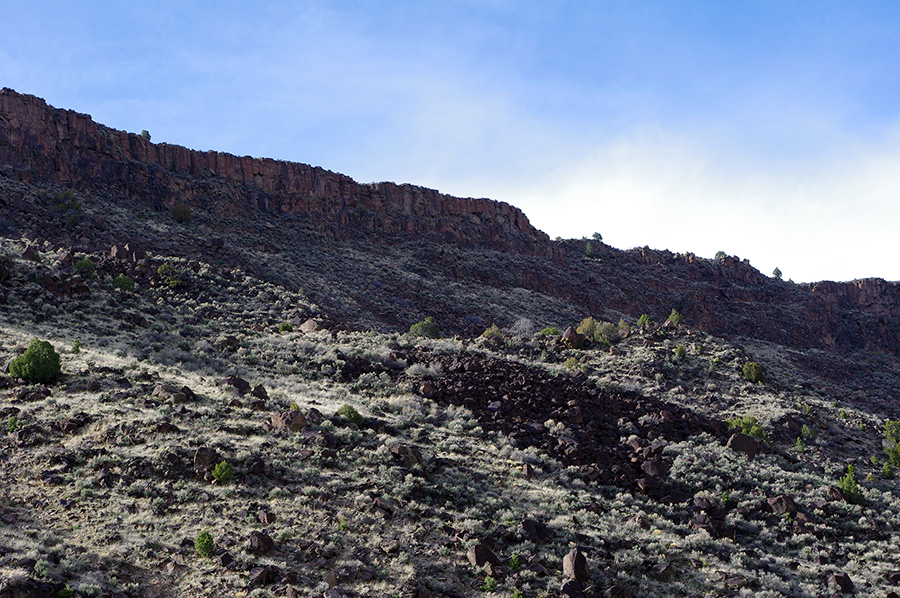
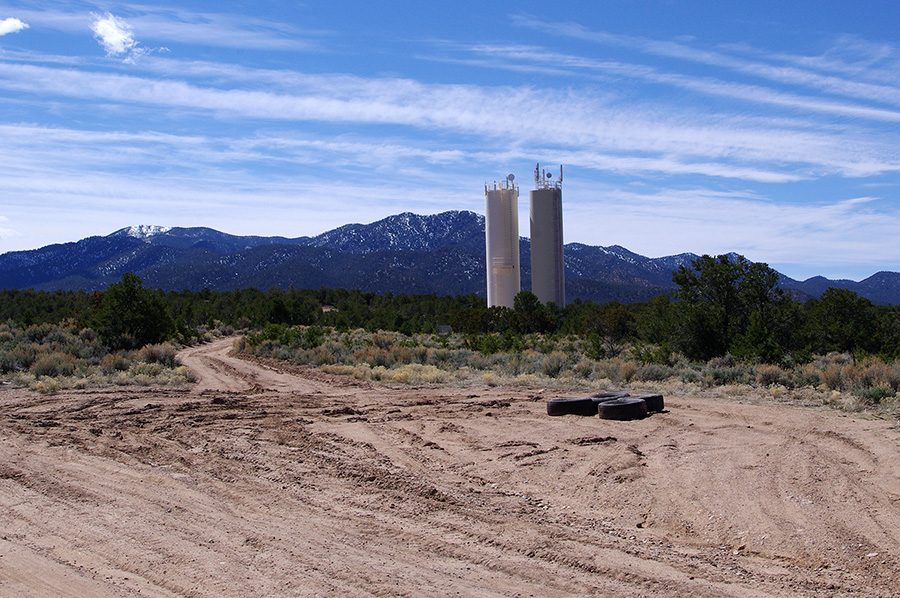
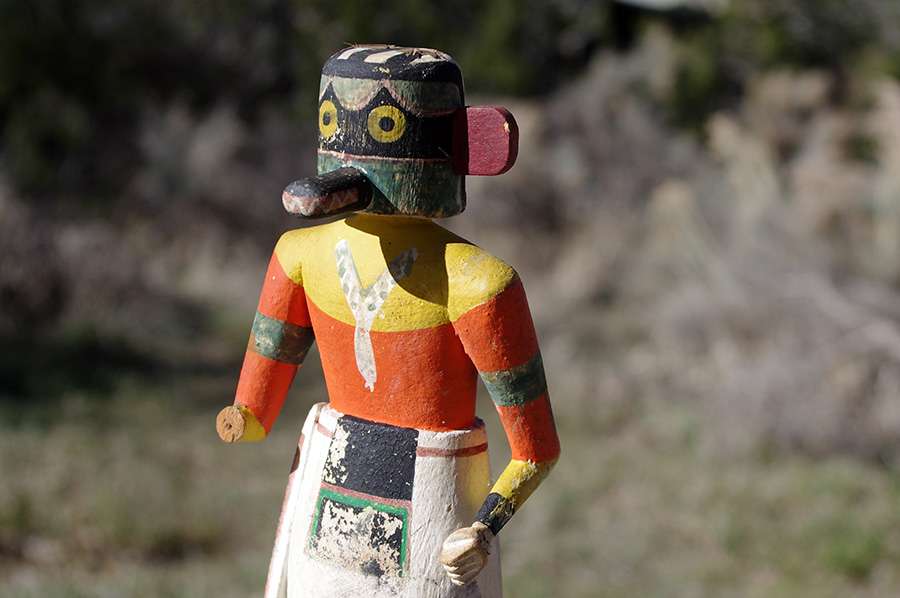
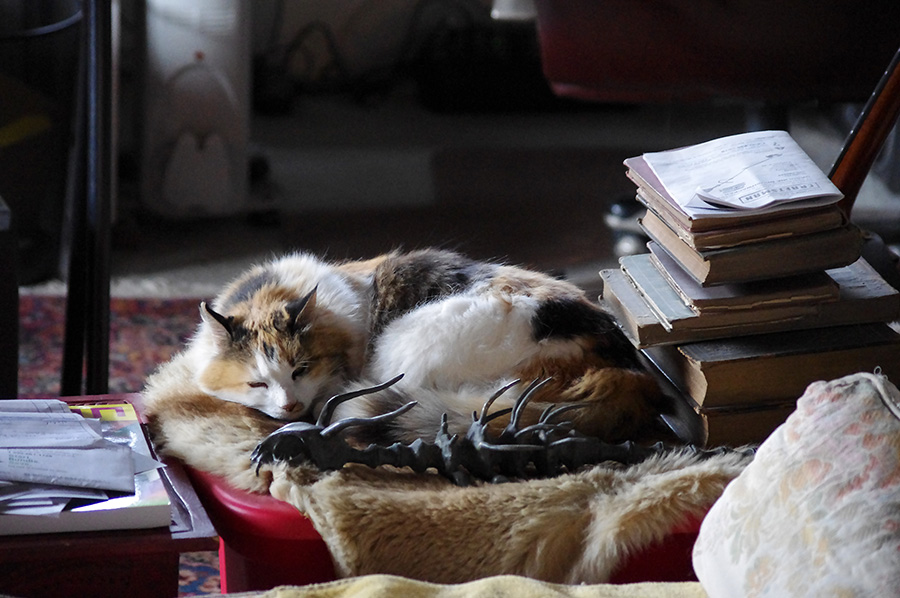
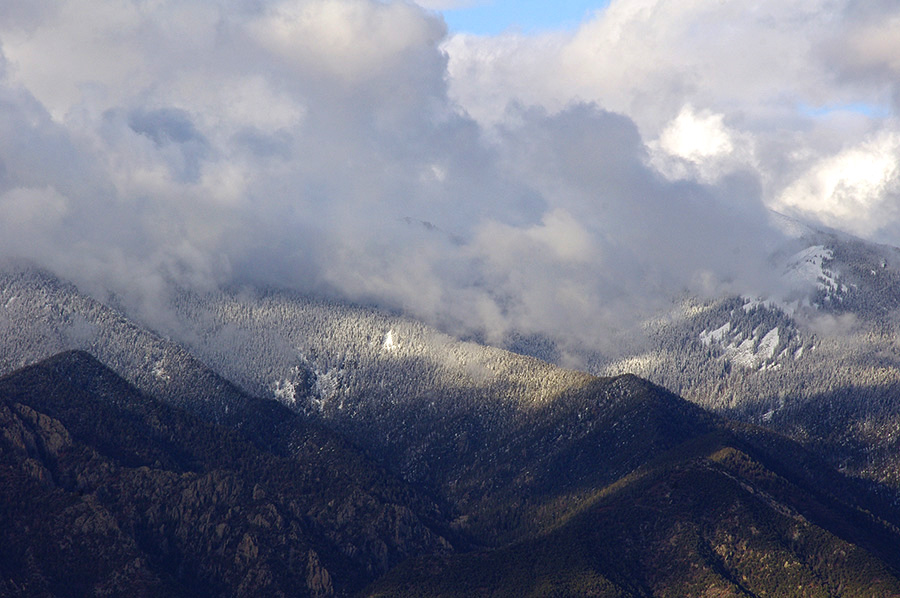
.png)